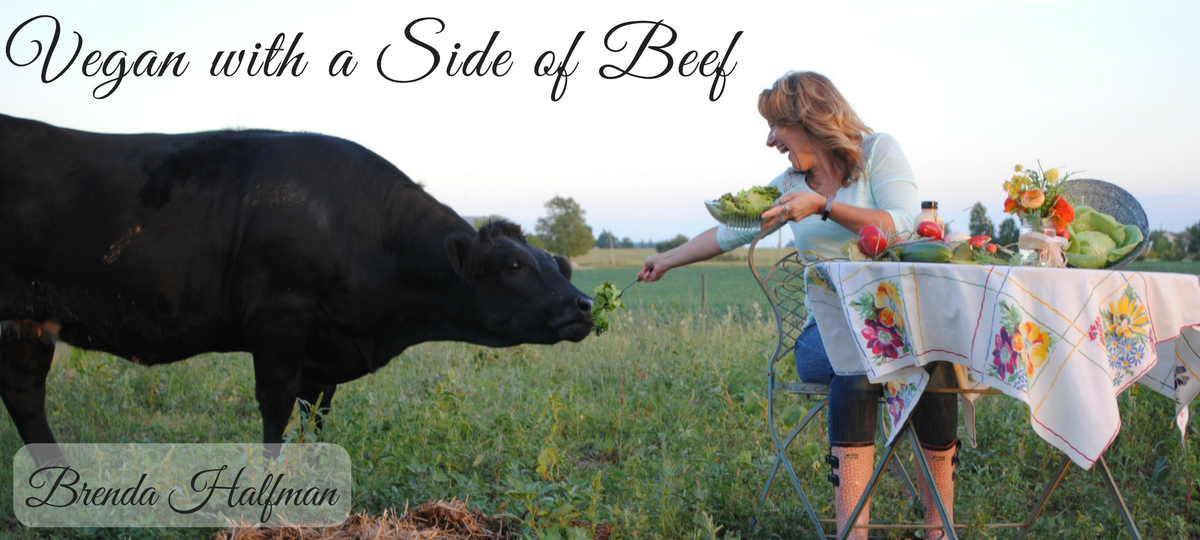Today’s post is about two articles I’ve recently read. I’m including links to both of the articles, I’m also including a few partial quotes from each article. These are partial quotes – not complete quotes so I would really like it if you can take the time to read each article. They are both short reads, so it shouldn’t take too much of your time. Reader feedback would be great, so please feel free to comment.
On July 18, 2018 I saw an article at vitals.lifehacker.com entitled, ‘Does Almond Milk Deserve to Be Called “Milk”?’, by Beth Skwarecki. In part, it states “The dairy industry has been fighting for years to get the ‘word’ milk off the likes of almond milk cartons. Meanwhile makers of non-dairy milks say that being able to call their product what they like is a free speech issue.” The author then writes, “…it seems like a silly fight. The FDA Commissioner has correctly pointed out that almonds do not lactate. On the other hand, nobody thought they did.” She also points out how the word milk has been used to describe “…whitish liquids that don’t necessarily come from mammary glands.” She finishes with, dairy milk and plant-based milks are nothing alike, nutritionally. Please see link for complete article. https://vitals.lifehacker.com/does-almond-milk-deserve-to-be-called-milk-1827718641
A week later, curious to see what more had been written on this subject; I found an article at cbsnews.com titled, ‘Label change for plant-based “milk” could boost dairy industry’, by Kate Gibson (July 27, 2018) In it, FDA Commissioner Scott Gottlieb is quoted as saying the labeling of plant based products as milk could be causing “consumer confusion”. He then lists instances of illnesses caused by children being given plant-based milks instead of dairy milk. Danone North America rebuts, saying “…both dairy and plant-based products are clearly labeled with nutrition facts consumers can use…”. (Danone North America sells both dairy-derived and plant-based products.) Please see link for complete article. https://www.cbsnews.com/news/label-change-for-plant-based-milk-could-boost-dairy-industry/
I’m not sure what to think of this. Is the general public really unable to wrap their minds around the difference between dairy-derived milk and plant-based milks? Are they really that confused? Do people really think whether they are drinking a plant-based milk or cow’s milk, that they are receiving comparable nutrients? Maybe I don’t get it, because growing up I had a best friend who lived on a dairy farm and as an adult, I now live in another farming community where I literally have four dairy farms within a five mile radius of our house. So, I know there’s a difference between cow’s milk and plant-based milk. I also want to mention that although I am now dairy-free, I wasn’t always. From little on, I was a lover of cows’ milk. All three of my kids drank whole (cow’s) milk starting at the age of one year. I was the mom who insisted my kids always drink whole milk while they were growing up. (Our family doctor couldn’t stress enough, the importance of giving our kids whole milk with its’ high fat content, which is just want growing kids’ brains need.) Once the kids were in their late teens, we switched to 2% milk; a real adjustment for myself, Kevin and the kids.

I only started buying plant-based milks because of mine and Abby’s allergy to dairy milk. We have cow’s milk in our refrigerator (Kevin drinks it), right beside my almond and cashew milks. I worry if I’m getting enough calcium and vitamin D in my diet because of the lack of dairy in my diet. I took a nutrition class to learn what I can eat to replace the nutrients I’m missing because of my non-dairy eating habits. So, to think people are confused – that we have to remove the word “milk” from plant-based products (which are used as a milk alternative) because people are unable to know the difference between the different milks; I wonder if they’re just not giving us enough credit. Will a name change make a difference?
What do you think?
Thanks for stopping.
Brenda
Disclaimer:
These recipes and tips are not guaranteed to work or be safe for everyone. Allergies are extremely complicated and vary for each individual. It is still your responsibility to read labels to ensure your safety. I cannot be held liable for any ill effects from using my tips to avoid your allergies. (Sorry guys, I don’t foresee any problems, but Momma’s gotta cover her backside, ya know? Just read your labels! Do your research!)
